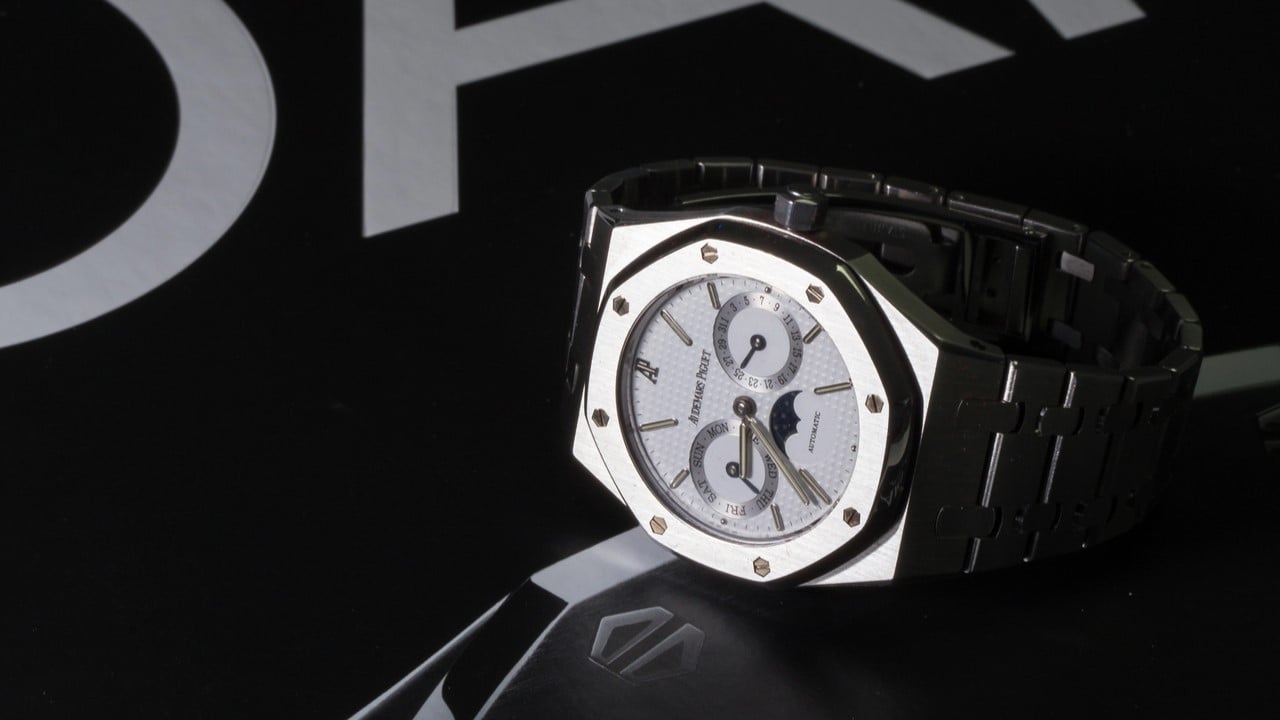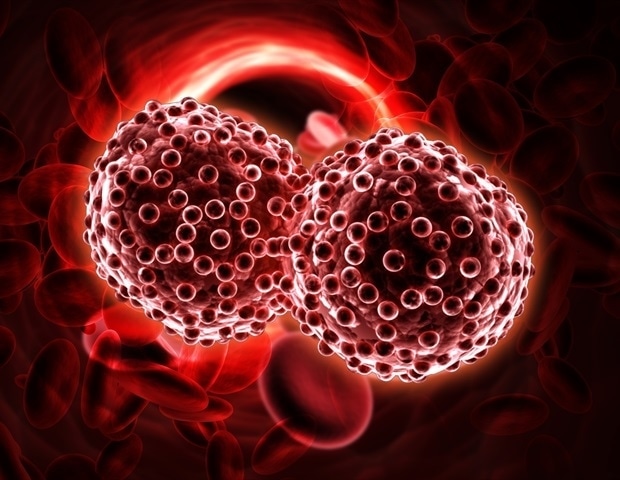AbbVie today announced that the UK Medicines and Healthcare products Regulatory Agency has granted conditional Marketing Authorisation for Tepkinly® (epcoritamab) as a monotherapy for the treatment of adults with relapsed or refractory (R/R) diffuse large B-cell lymphoma (DLBCL), after two or more systemic therapies. The conditional Marketing Authorization for Great Britain is based on the single-arm Phase 1/2 EPCORE NHL-1 trial data, which demonstrated a 62% (86/139) overall response rate and 39% (54/139) complete response rate in patients. However, further data are awaited from an ongoing phase 3 confirmatory study.
Epcoritamab is the first and only licensed subcutaneous bispecific treatment option for adult patients with R/R DLBCL after two or more lines of systemic therapy, in Great Britain. In contrast to some existing therapeutic options, epcoritamab does not require cell collection and engineering. The treatment is administered to eligible patients by clinicians as a weekly subcutaneous injection for 12 weeks, then moves to every other week for 24 weeks (12 injections), before continuing as one injection every 4 weeks until treatment is discontinued, either due to cancer progression or side effects. Eligible patients are able to start epcoritamab therapy after appropriate pre-medication has been administered and monitoring for adverse events is available. Patients stay in hospital for 24 hours after the first full dose to monitor for side effects.
DLBCL is the most common sub-type of non-Hodgkin’s lymphoma (NHL), an aggressive blood cancer that develops in the lymphatic system, causing B-cell lymphocytes, a type of white blood cell, to grow abnormally. There are nearly 5,500 new DLBCL diagnoses each year in the UK. For the approximately 700 people in the UK with R/R DLBCL who have already received two or more treatments and require further therapy, prognosis is poor. There are few treatments available for this patient population, and these are typically administered intravenously, via a needle or tube inserted into a vein.
“Despite recent therapeutic advances, treatment options for patients with R/R DLBCL after two previous therapies are limited. For such patients living with this type of aggressive blood cancer, many experience disease progression and have poor prognosis”, said Professor Chris Fox, Professor of Haematology, School of Medicine, University of Nottingham and Honorary Consultant Haematologist, Nottingham University Hospitals NHS Trust. “As a novel bispecific antibody, given as a subcutaneous injection, epcoritamab offers a new treatment option for this difficult-to-treat patient group.”
Bispecific antibodies represent a new class of therapies that use the body’s immune system to kill cancer cells. Epcoritamab is a bispecific antibody designed to simultaneously bind to two proteins, cluster of differentiation (CD) on T cells in the immune system and CD20 on cancerous B cells (a type of white blood cell), in order to induce T-cell mediated killing of cancerous B cells. By targeting two cells, epcoritamab brings the immune T cell together with the cancerous B cell and activates the T cell to destroy the B cell. Epcoritamab must be delivered under the supervision of a healthcare professional qualified in the use of anti-cancer therapies with access to appropriate medical support to manage potential serious side effects, such as cytokine release syndrome (CRS) events.
Common serious adverse reactions observed in the single-arm Phase 1/2 EPCORE NHL-1 trial included CRS events, pneumonia, upper respiratory tract infections, febrile neutropenia, immune effector cell-associated neurotoxicity syndrome (ICANS) and pyrexia.
The conditional Marketing Authorization is based on data from the single-arm Phase 1/2 EPCORE NHL-1 trial investigating epcoritamab as monotherapy for 139 patients with R/R DLBCL after two or more lines of systemic therapy. In the Phase 1/2 NHL-1 clinical trial, the overall response rate was 62% (n=86/139), meaning 62% of participants’ blood cancer went down by half or they had no cancerous cells remaining in their body (partial response or complete response). The complete response rate was 39% (n=54/139), meaning there is no evidence of disease from tests and scans in 39% of these hard-to-treat patients, who on average had already been through three types of treatment before starting the trial. The NHL-1 trial results demonstrate that epcoritamab prevented growth or spread of the cancer for an average of 15.6 months, and the patients lived for an average of 19.4 months from the start of epcoritamab therapy.
AbbVie is committed to advancing care for people living with blood cancer. Today’s news is an important step forward in enabling us to provide this hard-to-treat patient group with an innovative subcutaneous treatment option. We are working with the NHS and relevant authorities to bring access to eligible patients and clinicians throughout the UK as quickly as possible.”
Belinda Byrne, Medical Director, AbbVie UK








